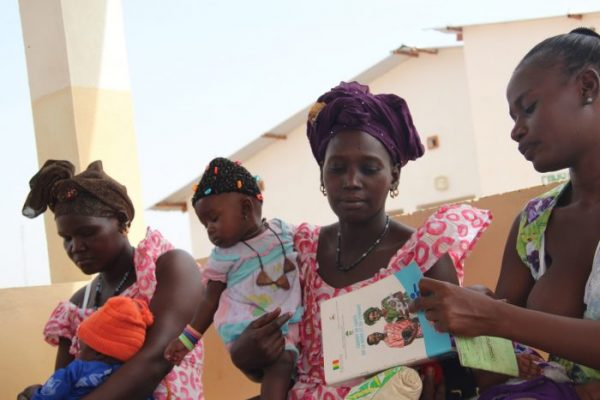By Jessica Meeker, Nutrition Convenor at the Institute for Development Studies.
Whilst nutrition remains a pertinent global issue, some countries are making gains in reducing the burden of undernutrition. There are many well documented approaches and frameworks, guiding national decision makers and practitioners to improve policies and programmes, but often it is the stories from the ground which give an insight into what is working in a particular context and why.
This is the basis for the Stories of Change in Nutrition (SoC) research project, which aims to capture experiential learning from policy makers and implementers in countries with high burdens of malnutrition to understand how changes in nutrition outcomes were achieved in particular contexts. Looking at 5 countries and one Indian state which have made remarkable improvements in maternal and child nutrition, the research aims to understand what has driven these changes, using an analysis of the data for factors associated with nutrition (such as education, sanitation etc) and through in depth interviews with people at the community, district and national level to gain a deeper understanding of HOW these drivers may have brought about the changes we see.
These real world examples show us that often the improvements seen in nutrition are the product of an increase in the provision and coverage of public services, with a number of sectors, other than health, working together to improve sanitation, education and the socio-economic situation. In Odisha for example, an increase in the coverage of nutrition specific interventions played a role, with the increase in coverage supported by a strong emphasis on integration of services on the ground. The interesting thing to note in this example is that the delivery of these services were decentralised and delivered through self-help groups with a strategic focus on equity of access.
Zambia saw increased strength around leadership for nutrition, with government, civil society and nutrition professionals working collaboratively in a multi-stakeholder platform in the true sense of the word. In deliberately aligning their roles they have created a clear force for nutrition.
In Senegal, wealth accumulation was seen to be the dominant factor in driving reductions in stunting, followed by healthcare and parental education. However these factors may have had this particular effect on stunting reduction because they happened concurrently with large improvements in the enabling environment for nutrition in Senegal. The government have solidified their commitment to nutrition and created a coordinating body for nutrition housed in the Prime Minister’s office. Its establishment was arguably the most significant change for nutrition in Senegal over the last fifteen years.
There is so much to learn from these examples. Real world stories have been shown to catalyse change. Let’s ensure we capitalise on this and draw out and share these learnings.
The set of stories can be found in brief form here, with the full research to be published soon.
The stories of change in nutrition work will be presented at the Micronutrient Forum in Cancun later this month. Do join us to hear more from the research and be part of the discussion at the high level panel event

